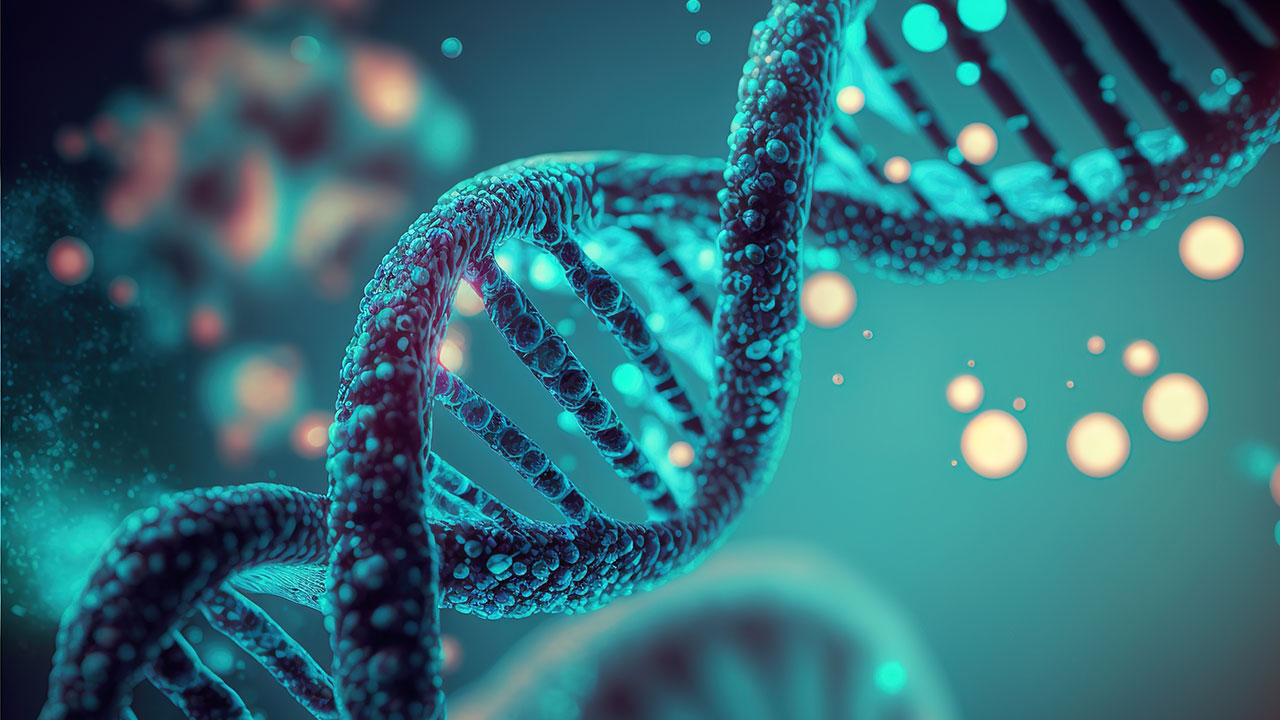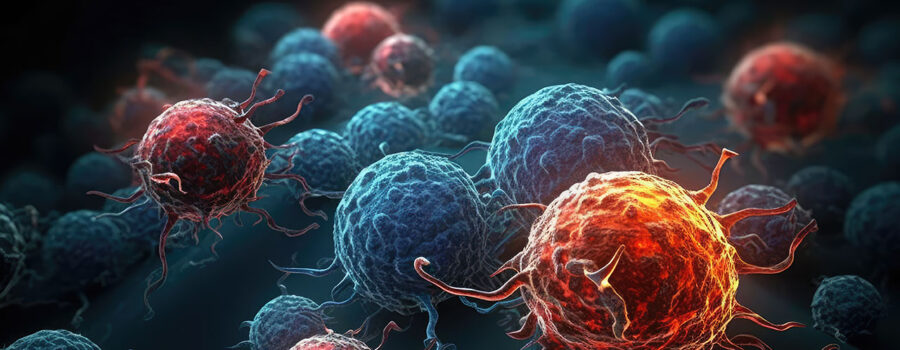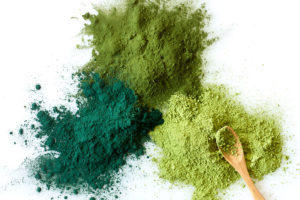A recent study published by the Journal of Medicinal Food on the US National Library of Medicine National Institutes of Health reports a dramatic 77.3% (Table 1) protective effect of Spirulina against Benzo[alpha]pyrene (B[α]P) a prototypical mutagenic and carcinogenic polycyclic aromatic hydrocarbon found ubiquitously in cigarette smoke, urban air, charbroiled food, vehicle exhaust, asphalt, and coke ovens. It is a complete carcinogen, acting in both the initiation and growth promotion stages of chemical carcinogenesis, and it is thought to have adverse effects on male reproduction, the immune system, embryonic development, and spermatogonial cells.
Arthrospira (spirulina) maxima is a general term for plants that belong to Cyanophyceae. It has been used as a food and nutritional supplement for a long time. It represents one of the richest plant protein sources (60–70%) and an excellent source of vitamins, carotenoids, essential amino acids, minerals, and essential fatty acids (e.g., γ-linolenic acid and sulfolipids). Moreover, spirulina has phycocyanin, a photosynthetic biliprotein, and its chief phytochemical, phycocyanobilin.
Spirulina helps repair damaged DNA.

“The influence of water-soluble polysaccharide from Spirulina platensis on excision repair of DNA was investigated using endonuclease assay and radioautography. The results showed that the polysaccharide’s presence significantly enhanced both the repair activity of radiation-damaged DNA excision and the unscheduled DNA synthesis (UDS). During the examination of the time course of the excision process, it was found that the presence of polysaccharide of spirulina not only increased the initial rates of the damaged DNA excision and the UDS but also postponed the saturations of both important reactions of excision and repair DNA synthesis.” – Qishen, P. et al. Pub. in China in the Chinese Genetics Journal 15 (5) 374-392. Portions Edited. 1988.
In addition to the nutrimental properties, spirulina is considered a nutraceutical based on the different pharmacological properties reviewed by Belay, Karkos et al., and Khan et al. Recently, evidence was published about the effectiveness of spirulina in diabetic nephropathy and liver injuries. Spirulina has also been shown to be effective against toxicity produced by cadmium, arsenic, mercuric chloride, zinc, and copper.
Moreover, spirulina has been effective against teratogenicity induced by hydroxyurea, cancer in humans and animals, and mutagenicity. These properties could be due, in part, to the antioxidant capacity of the algae as a whole, its protean and water extracts, or bioactive components (such as phycocyanin). Moreover, it was demonstrated that spirulina did not produce genotoxicity in CD1 mice using the dominant lethal test and sperm abnormalities assay.
Food is Medicine
Reference: http://www.ncbi.nlm.nih.gov/pmc/articles/PMC4025567/






Recent Comments